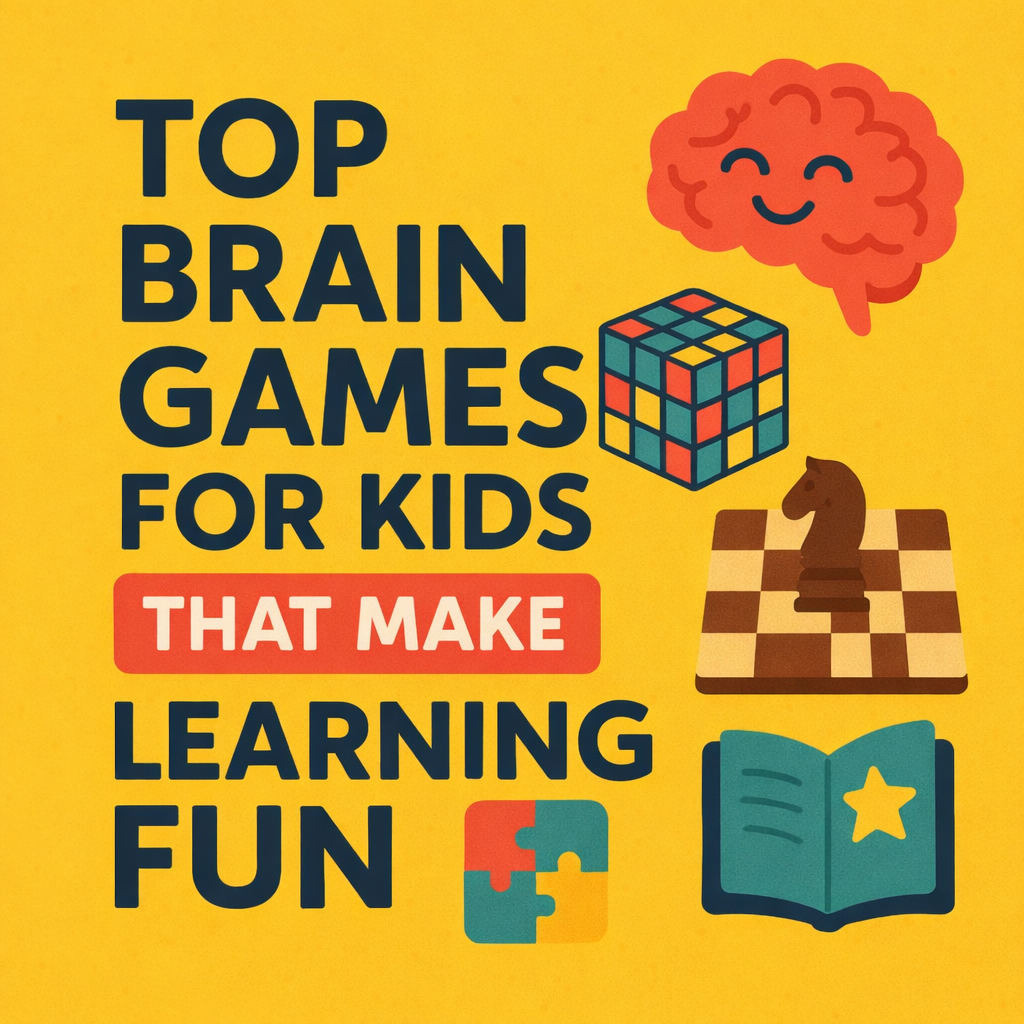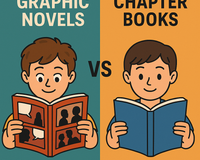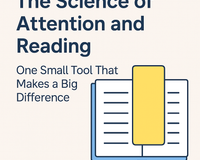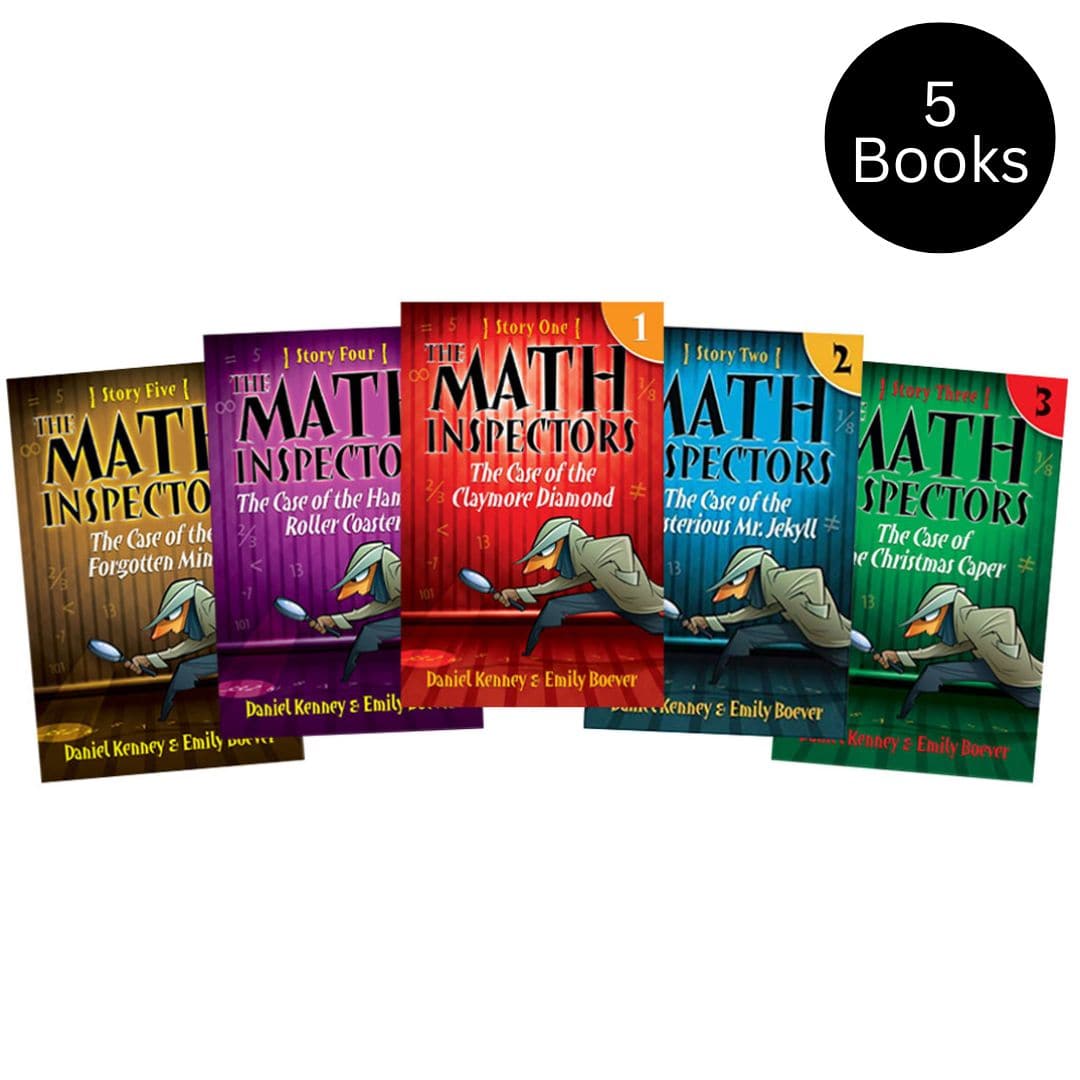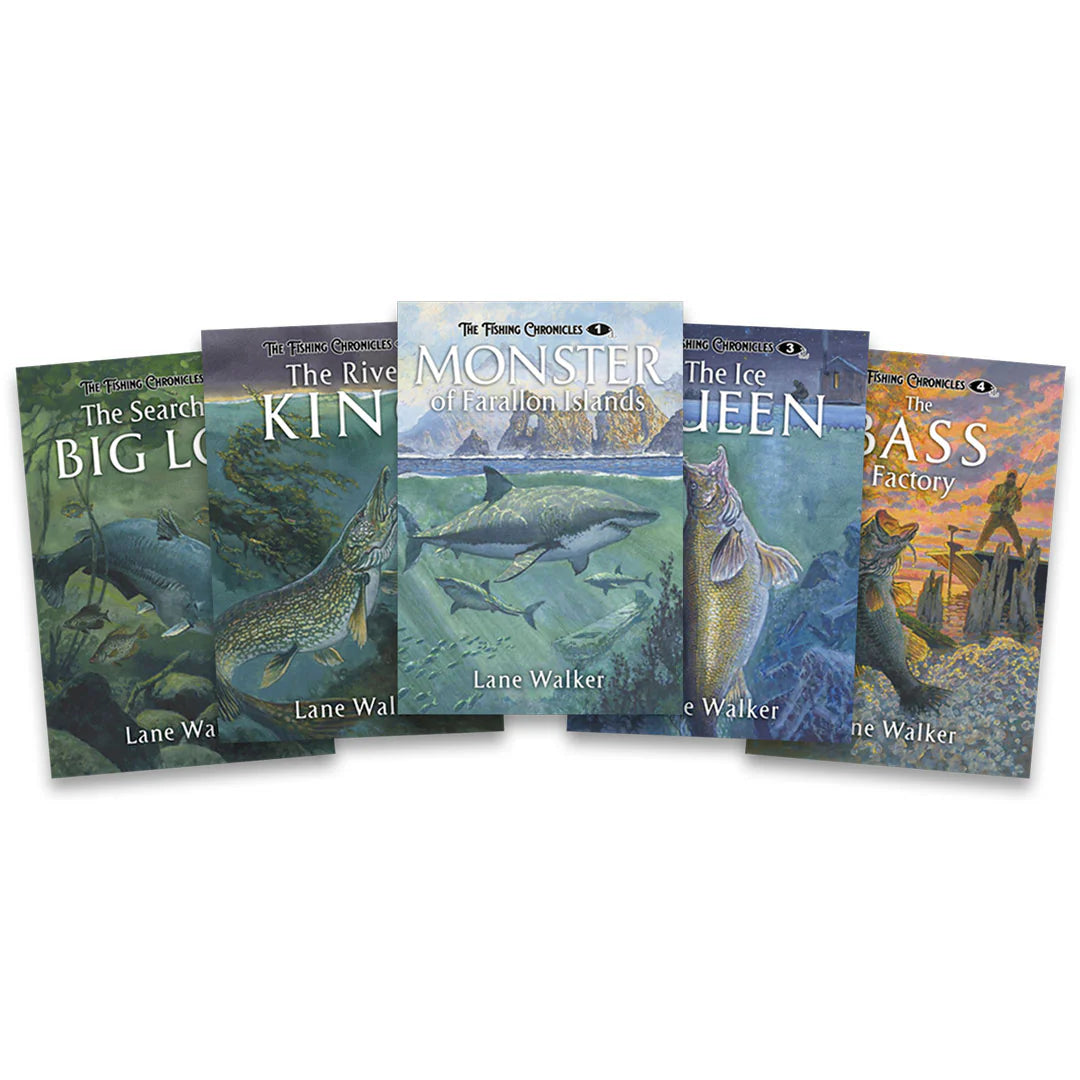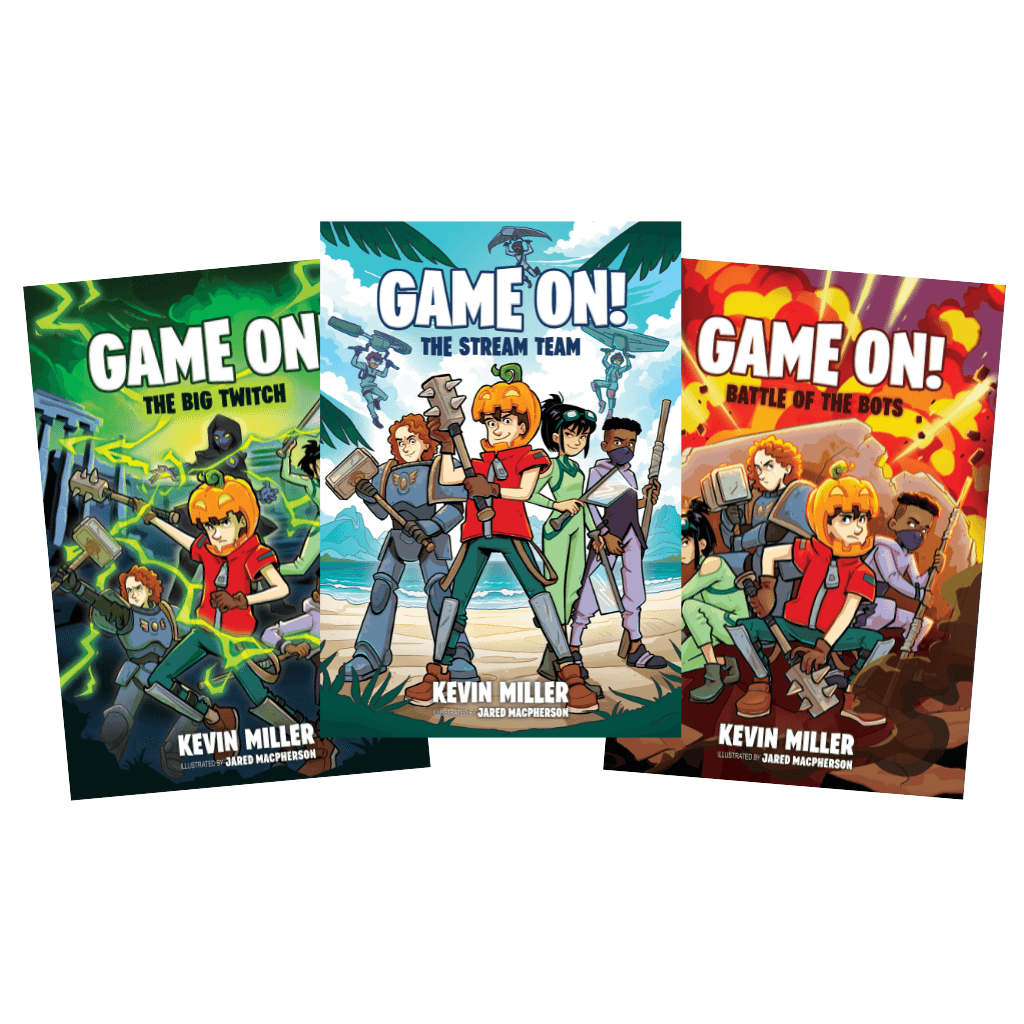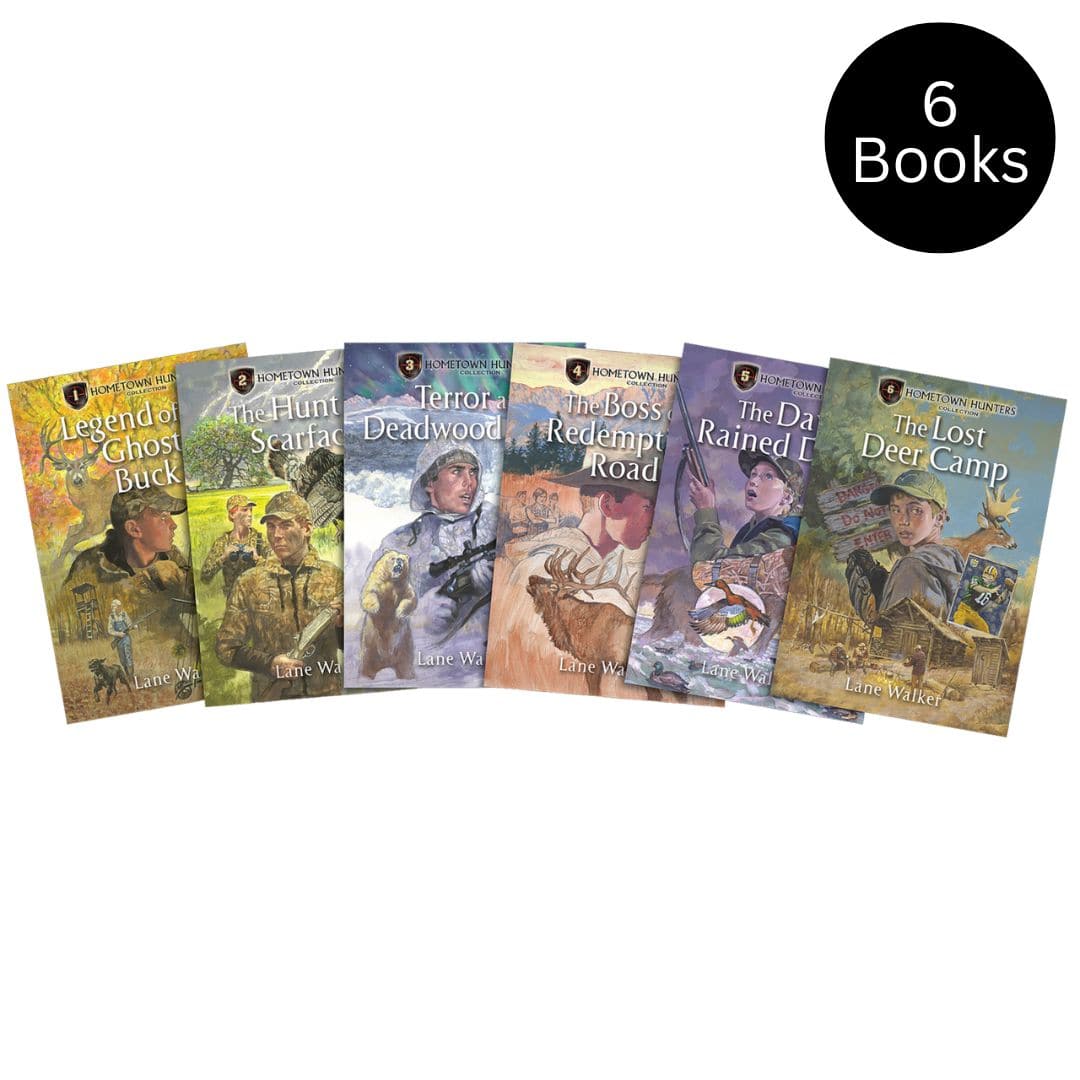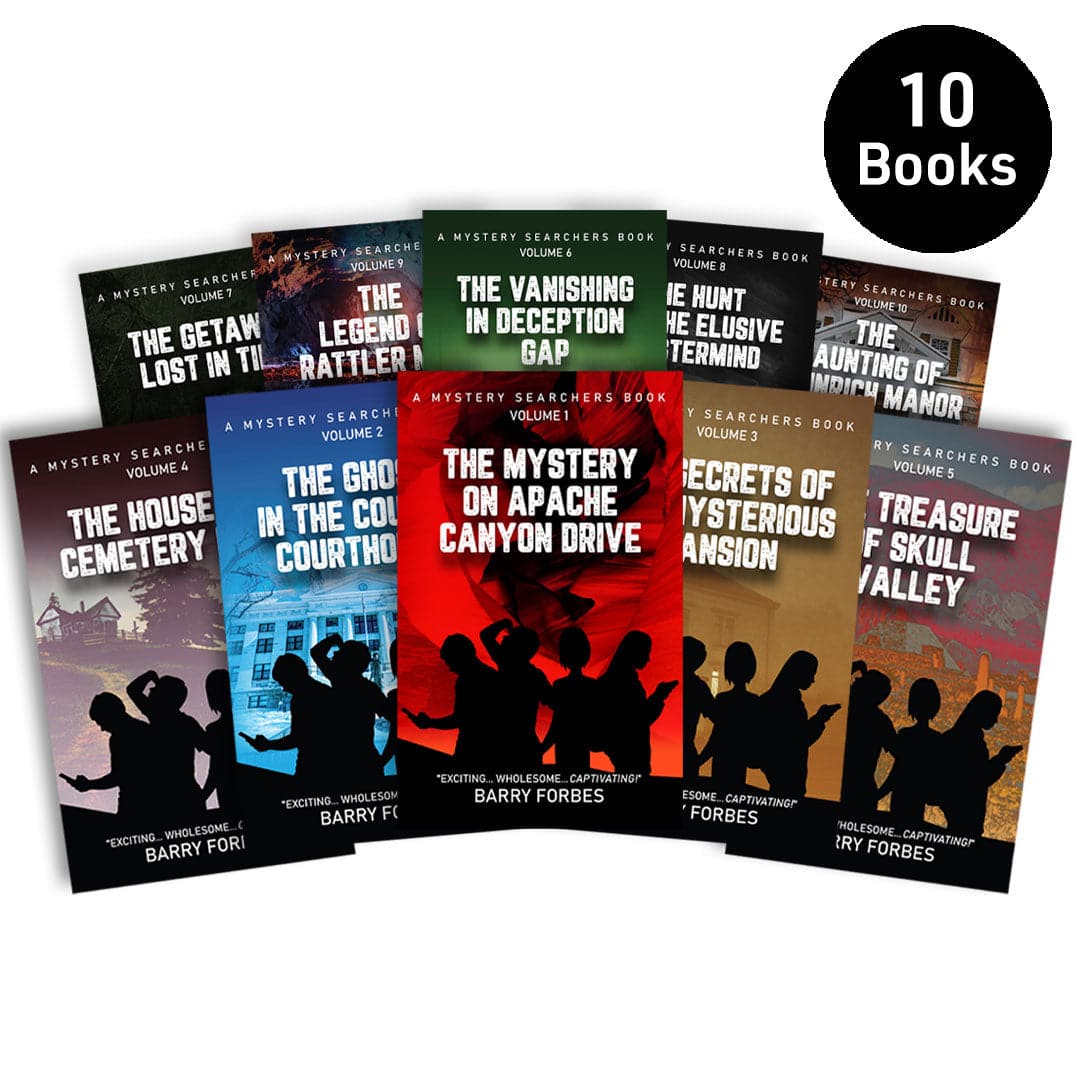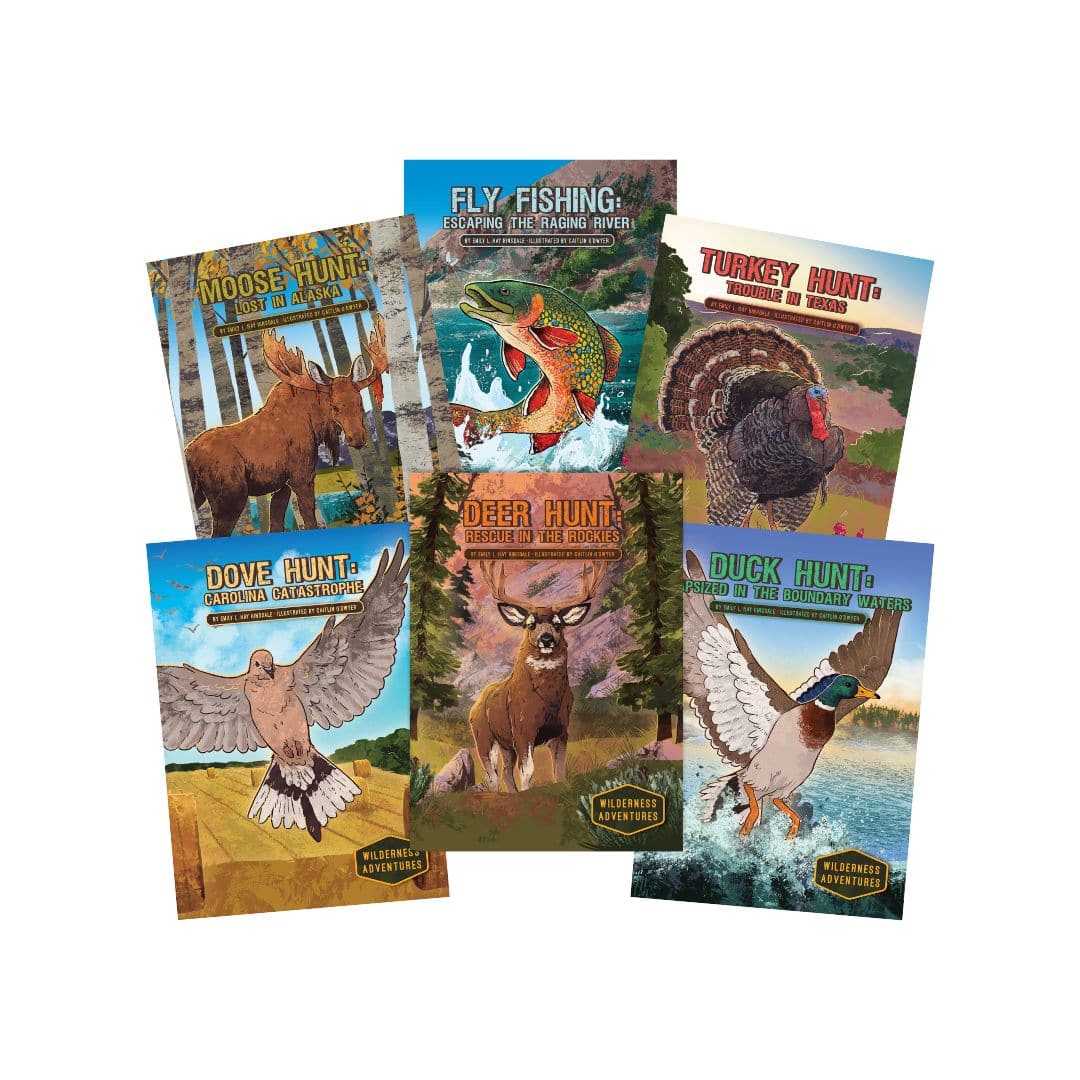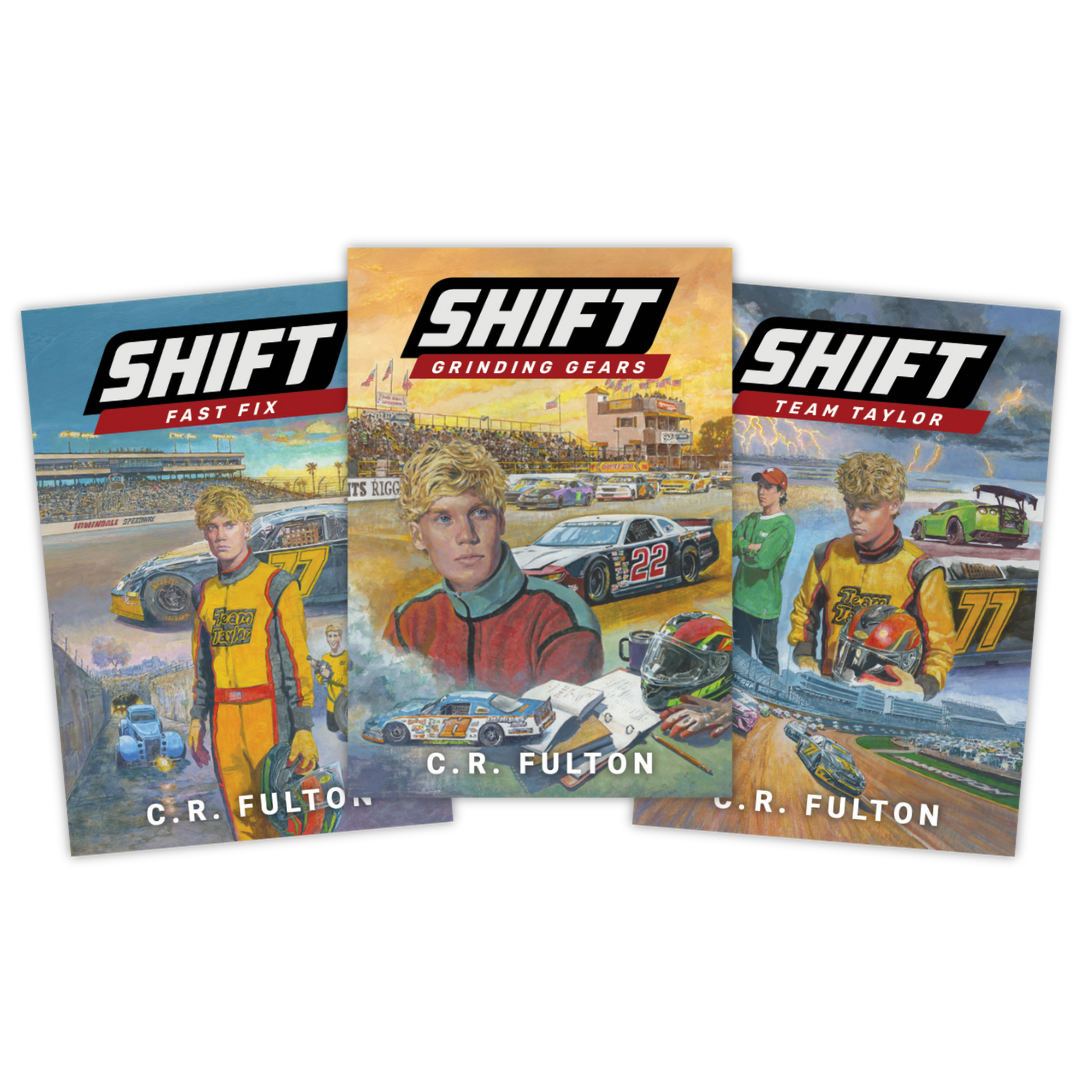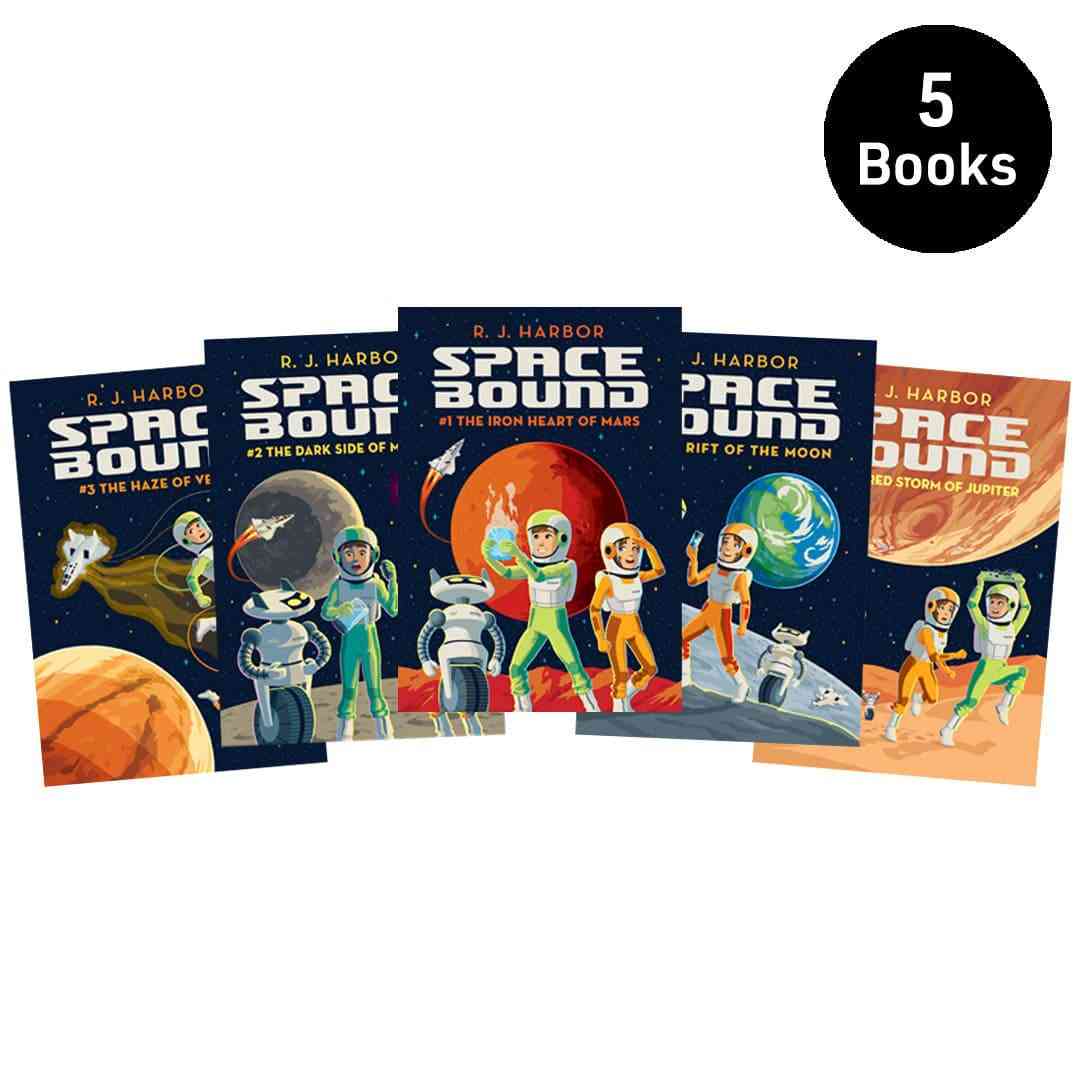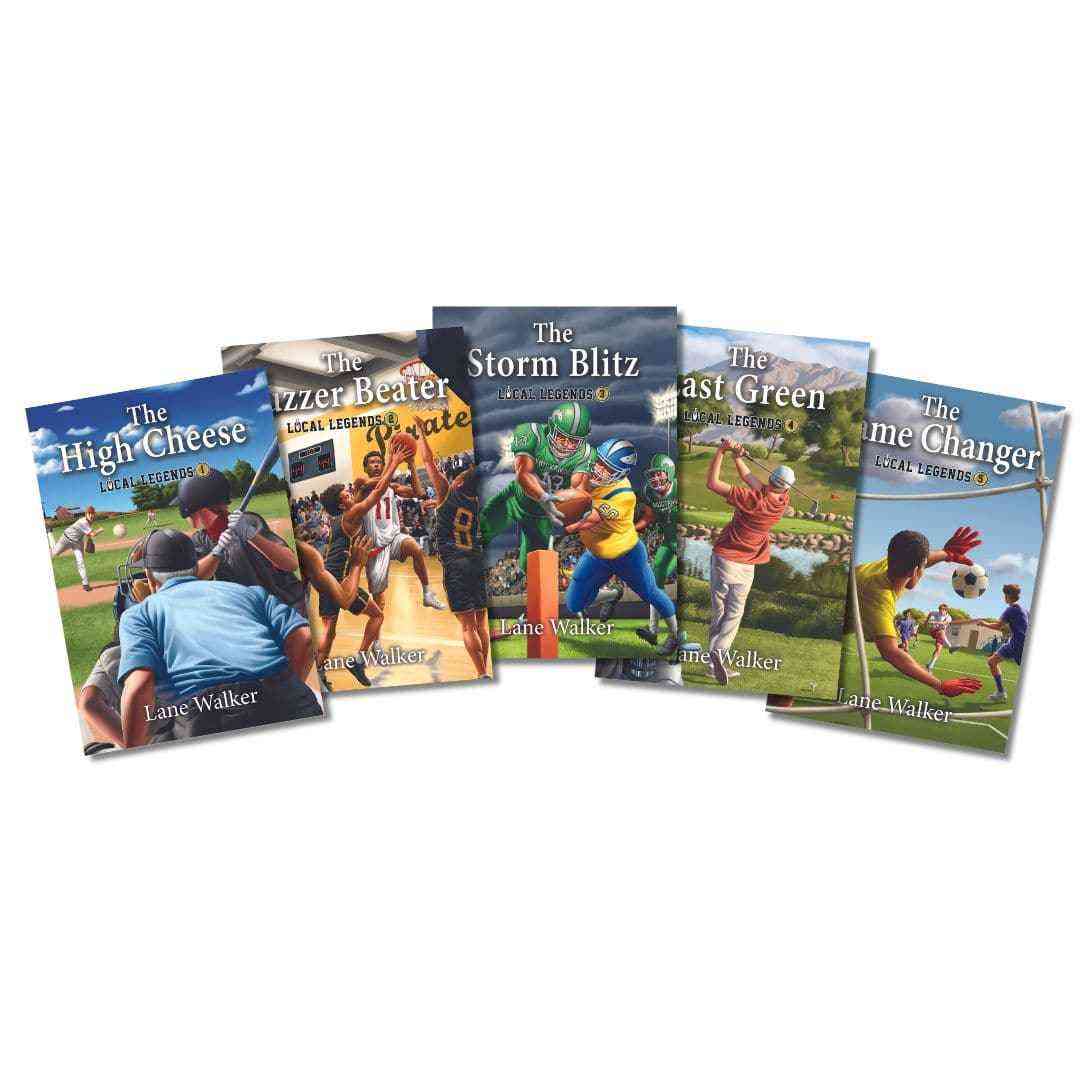Best Brain Games for Kids That Make Learning Fun
Brain games are one of the easiest ways to support your child’s learning while keeping playtime fun. The right games help kids build essential skills like memory, focus, problem-solving, and creativity. The same skills they need to become strong, confident readers.
When children play games that involve following rules, taking turns, and thinking ahead, they’re practicing how to sequence events, stay engaged, and understand cause and effect. These abilities directly support reading comprehension and help kids tackle longer books with confidence. Games that spark curiosity, especially hands-on and language-based games, also encourage children to ask questions and seek answers through reading.
In this guide, we’ll explore the best brain games for kids and break them down by age, skill, and real-life use, all while showing how play and reading work together to support lifelong learning.
1. Best Card Games for Kids
Card games are simple to learn, easy to replay, and highly effective for building core thinking skills. They also create natural opportunities for conversation, turn-taking, and rule-following.

By Age Group
-
Ages 4-6: Go Fish, Memory Match, Uno Junior
-
Ages 7-9: Uno, Old Maid, Sleeping Queens
By Skill
-
Memory: Go Fish, Memory Match
-
Problem-Solving: Set, Rummy
-
Math & Logic: Uno, Sushi Go
-
Social Skills: Any turn-based card game
By Use Case
-
Family game night: Uno, Go Fish
-
Solo or quiet play: Memory-style card games
-
Quick games: Old Maid, Uno
Why Card Games Matter for Learning:
Card games strengthen focus, memory, and sequencing. These are the same skills kids use to remember characters, follow plot order, and understand what they’ve read. Turn-taking and rule-following also support comprehension by teaching children how to track information over time.
2. Best Board Games for Kids
Board games combine strategy, storytelling, and social interaction, making them powerful learning tools disguised as play.

By Age Group
-
Ages 4-6: Candy Land, Hi Ho Cherry-O
-
Ages 7-9: Ticket to Ride: First Journey, Sequence for Kids
-
Ages 10+: Scrabble, Catan Junior
By Skill
-
Strategy & Planning: Ticket to Ride, Catan Junior
-
Vocabulary & Language: Scrabble
-
Logic & Reasoning: Sequence
-
Cooperation: Team-based board games
By Use Case
-
Family game night: Scrabble, Ticket to Ride
-
Learning-focused play: Catan Junior
-
Longer play sessions: Strategy board games
Why Board Games Matter for Learning:
Board games teach sequencing, cause and effect, and rule-based thinking. These skills directly support reading comprehension, where kids must understand how events connect and why actions lead to outcomes in stories.
3. Best Digital Brain Games for Kids
When used intentionally, digital games can reinforce academic skills and give kids extra practice in a fun, engaging way.

By Age Group
-
Ages 4-6: Letter recognition and phonics games (SplashLearn)
-
Ages 7-9: Reading, math, and logic-based apps (Adventure Academy)
-
Ages 10+: Strategy and problem-solving games (Minecraft Education)
By Skill
-
Reading Readiness: Phonics and word-building games
-
Memory: Pattern and matching games
-
Logic & Strategy: Puzzle and planning apps
By Use Case
-
Independent learning: Solo digital games
-
Short sessions: Quick skill-building apps
-
Skill reinforcement: Targeted literacy games
Why Digital Games Matter for Learning:
Digital brain games can reinforce reading skills like word recognition and comprehension. When kids build confidence with letters and words through games, they often feel more successful and motivated when reading physical books.
4. Best Puzzle Games for Kids
Puzzle games encourage deep thinking, persistence, and problem-solving without distractions.

By Age Group
-
Ages 4-6: Large-piece jigsaw puzzles
-
Ages 7-9: Logic puzzles and wooden brain teasers
-
Ages 10+: Advanced jigsaws and multi-step puzzles
By Skill
-
Problem-Solving: Logic puzzles
-
Spatial Reasoning: Jigsaw puzzles
-
Focus & Patience: Multi-step puzzles (3D Advanced Puzzles)
By Use Case
-
Quiet time: Jigsaw puzzles
-
Solo play: Logic puzzles
-
Family collaboration: Large group puzzles
Why Puzzle Games Matter for Learning:
Puzzle games help kids build focus and patience, skills they need for reading longer books. Learning to work through challenges prepares children to tackle complex sentences and unfamiliar vocabulary without giving up.
5. Best Outdoor Brain Games for Kids
Outdoor games combine movement with thinking, helping kids learn while staying active.

By Age Group
-
Ages 4-6: Simple scavenger hunts
-
Ages 7-9: Nature bingo and observation games
-
Ages 10+: Strategy-based outdoor challenges (Capture the Flag)
By Skill
-
Observation: Scavenger hunts
-
Critical Thinking: Strategy and problem-solving games
-
Creativity: Open-ended outdoor play
By Use Case
-
Group play: Team scavenger hunts
-
Independent exploration: Nature challenges
-
Learning on the go: Backyard or park games
Why Outdoor Games Matter for Learning:
Outdoor brain games strengthen observation and descriptive language skills. Kids who learn to notice details in the world around them are better prepared to notice details in stories, which improves comprehension and engagement with reading.
6. Best Science Kits for Kids
Science kits turn curiosity into hands-on discovery and real-world learning.

By Age Group
-
Ages 4-6: Simple experiment and exploration kits (My First Science Kit)
-
Ages 7-9: Introductory chemistry or nature kits ( National Geographic Stunning Chemistry Set)
-
Ages 10+: STEM and engineering kits (STEM Robotic Kit)
By Skill
-
Critical Thinking: Experiment-based kits
-
Creativity: Build-and-design projects
-
Observation & Recording: Science journals and kits
By Use Case
-
Independent exploration: Solo science kits
-
Family learning: Group experiments
-
School support: Curriculum-aligned kits
Why Science Kits Matter for Learning:
Hands-on science encourages curiosity, and curious kids read more. When children ask questions about how the world works, they naturally turn to books to find answers, especially nonfiction, strengthening research skills and a love of learning.
How Brain Games Support Reading and Lifelong Learning
Brain games are more than just a way to keep kids busy, they help build the skills children rely on every time they pick up a book. Games that encourage memory, problem-solving, focus, and curiosity prepare kids to become stronger, more confident readers.
When children practice turn-taking, sequencing, and rule-following through play, they’re developing the same abilities they need to understand stories, track plotlines, and comprehend what they read. Puzzle and strategy games teach persistence, helping kids work through challenging words or longer books without frustration.
Hands-on activities like science kits and outdoor brain games spark curiosity and encourage kids to ask questions. Curious kids naturally turn to books for answers, especially nonfiction, which strengthens research skills and a love of learning beyond the classroom.
By pairing brain games with regular reading time, parents can create a balanced learning environment where play and books work together. The result is not just better academic skills, but a lifelong habit of learning, one that starts with fun, curiosity, and a good book.

